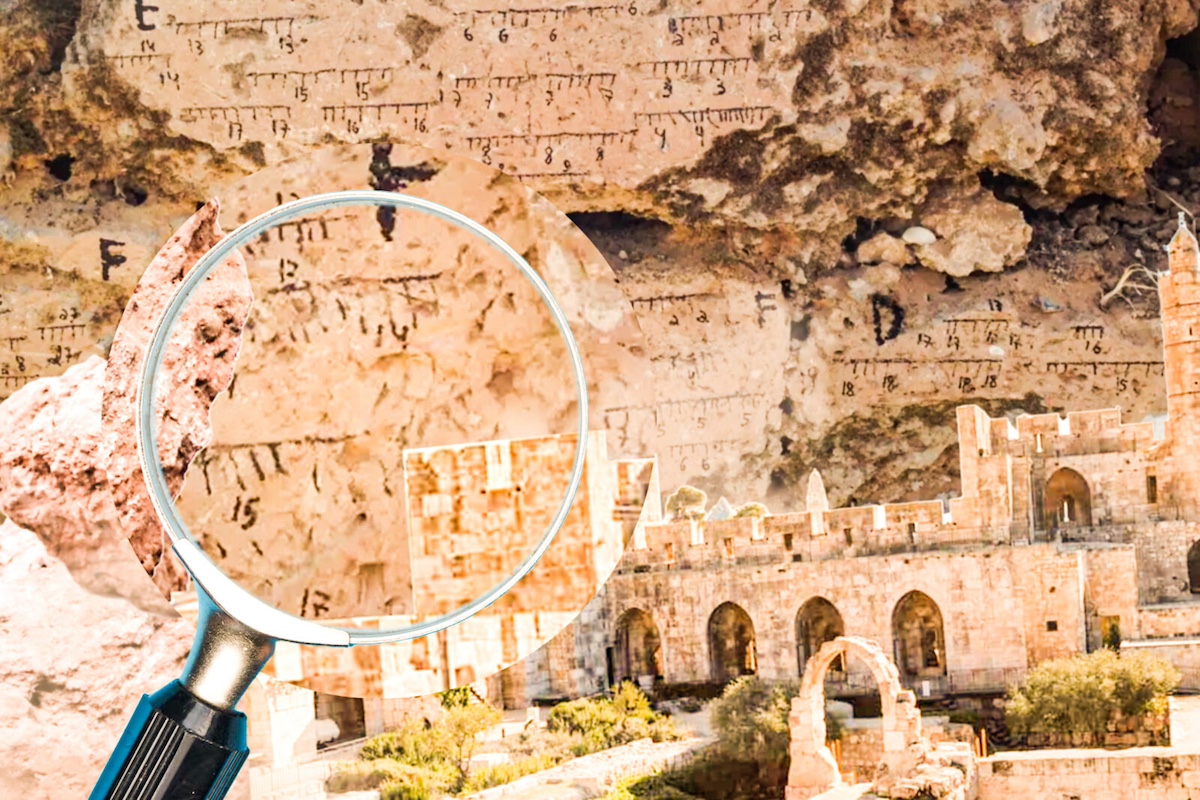Exploring the Garrison Meaning in the Bible: Fortifications and Military Presence

In the Bible, the term garrison carries significant weight, evoking images of military fortifications, strategic outposts, and the presence of armed forces. Throughout the Old and New Testaments, garrisons play a prominent role in the narratives of conquest, defense, and occupation, shedding light on the geopolitical dynamics of ancient Israel and its surrounding regions.
The meaning of garrison in the Bible is rooted in its original Hebrew and Greek terms, which convey the idea of a fortified place or military post. In Hebrew, the word for garrison is “matsowr,” while in Greek, it is “phrouro,” both of which denote a stronghold or fortified position.
In the Old Testament, garrisons are often associated with the military campaigns of ancient Israel and its neighboring nations. For example, in the Book of Judges, we read about the Israelites’ struggles against the Canaanite garrisons that occupied their land after the conquest (Judges 1:27-36). These garrisons represented centers of enemy control and resistance, requiring Israel to mount military campaigns to reclaim its territory.
Similarly, in the narratives of the Israelite monarchy, garrisons play a crucial role in defending the kingdom against external threats and maintaining internal security. King Solomon, renowned for his wisdom and military prowess, established garrisons throughout Israel to protect its borders and enforce his authority (1 Kings 9:15).
In the New Testament, the meaning of garrison takes on added significance in the context of Roman occupation and imperial rule. Roman garrisons were stationed in strategic locations throughout the empire to maintain order, collect taxes, and suppress rebellions. The presence of Roman garrisons in Judea and other provinces underscored the subjugation of the Jewish people and the oppressive nature of Roman rule.
One of the most famous references to garrisons in the New Testament occurs in the Gospel of Mark, in the account of Jesus casting out demons from a possessed man in the region of the Gerasenes (Mark 5:1-20). The possessed man lived among the tombs, crying out and cutting himself with stones, until Jesus commanded the unclean spirits to leave him. The demons begged Jesus not to send them out of the country but into a nearby herd of pigs, which rushed into the sea and drowned. The term “legion” used in this passage suggests a Roman military garrison, highlighting the extent of demonic possession and the power of Jesus to deliver individuals from spiritual bondage.
In conclusion, the garrison meaning in the Bible encompasses the concepts of military fortifications, strategic outposts, and the exercise of power and authority. From ancient Israel to the Roman Empire, garrisons played a crucial role in shaping the political, social, and religious landscape of the biblical world, leaving an indelible mark on the pages of scripture and the course of history.
